Indians are known for their profound wisdom and knowledge all over the world. Some of the greatest Indian philosophers have brought in timeless insights for the enlightenment of people all over the world. They have helped people to make sense of their surroundings and strive towards a better world. The top 10 famous philosophers of all time from India are as follows.
1. Ramakrishna Paramahamsa:
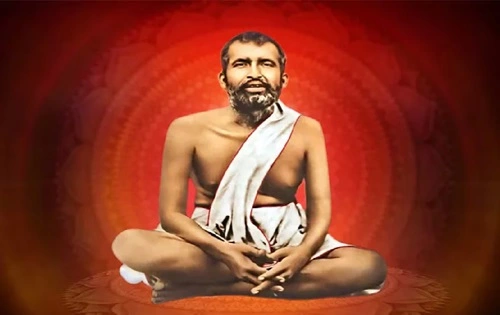
He is one of the most famous Indian philosophers, whose biography has been translated into more than 80 languages. He was a devotee of the goddess Kali. He is also known to have adhered to different religious practices from the Hindu tradition. He advocated the unity of the religions and claimed that all religions follow different paths to attain the same goal. His followers consider them to be avatars, as he encountered religious experiences right from a very young age. Swami Vivekananda is his principal disciple who popularized his ideas in India and the west.
2. Swami Vivekananda:
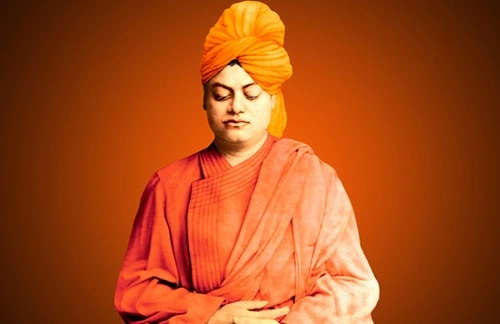
Originally named Narendranath Datta, he was a prominent Hindu monk, religious instructor, philosopher, and author. He played an important role in the introduction of Yoga and Vedanta to the Western world. He is regarded as the father of Indian nationalism and is credited with establishing Hinduism as a significant religion in the world throughout the nineteenth century. He was born in Calcutta to a Bengali household and had an interest in religion and spirituality from a young age. The American newspaper acknowledged him as a divinely appointed orator and a prominent presence in parliament. His birthday is recognized as National Youth Day in India.
3. Adi Shankara:
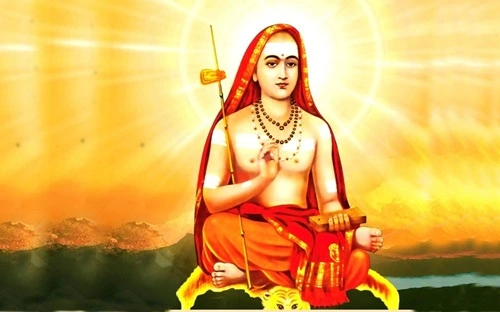
He is an important Vedic scholar and Acharya of the Advaita Vedanta. He was an iconic representative of the Hindu religion and culture and is regarded as the one who restored the Hindu dharma against the attack from other religious influences. He is also seen as the one who has reconciled the different sectors of society with the introduction of the pancayatana form of worship. He founded many monasteries and was the organizer of the Dashanami monastic order.
4. Vyasa:
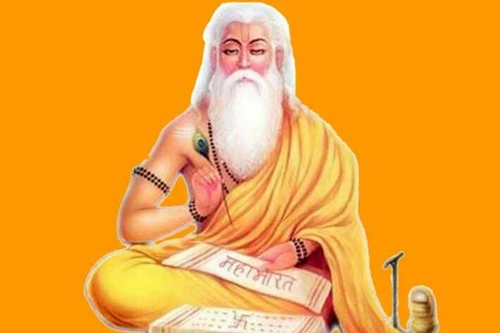
Vyasa is considered more of a saint than a philosopher and is regarded as the one who has classified the Vedas. He is also traditionally regarded as the author of the epic Mahabharata. He is also considered to be the partial incarnation of Lord Vishnu by many Hindus. He the one behind the compilation of the Eighteen Puranas and the Brahma Sutras. He was also instrumental in segregating the Vedic mantras into four different works. Vyasa is regarded as one of the immortals and is considered to be alive even in the current Kali Yuga.
5. Chanakya:
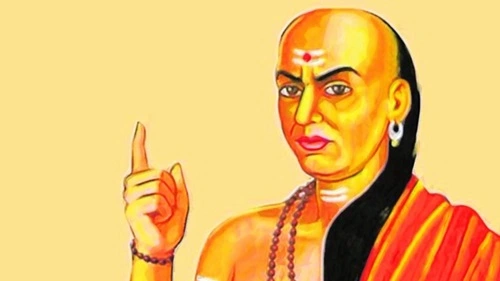
Chanakya, born in 371 BC in India, is a very ancient Indian philosopher, economist, jurist, teacher, and a very royal advisor. He is considered to be instrumental in the establishment of the Mauryan Empire and is the first economist and political scientist from India. Arthasastra, the ancient political treatise that is considered to be of great significance even in modern times was compiled by Chanakya. This book throws due light on management and is used by management experts even now.
6. Rabindranath Tagore:
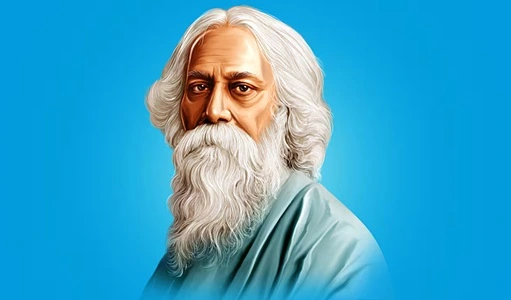
Rabindranath Tagore the compiler of the National Anthem was born in Kolkata in 1941. He was an Indian polymath who made substantial contributions to literature, art, and philosophy. Tagore, known as the “Bard of Bengal,” is recognized for influencing Bengali literature and music. He is the first Indian and the first non-European to win the Nobel Prize for Literature. He also wrote the national anthems for Bangladesh. Gitanjali, a compilation of poems by Rabindranath Tagore, is his most recognized and important work, apart from his other books advocating philosophical values.
7. Dayananda Saraswati:
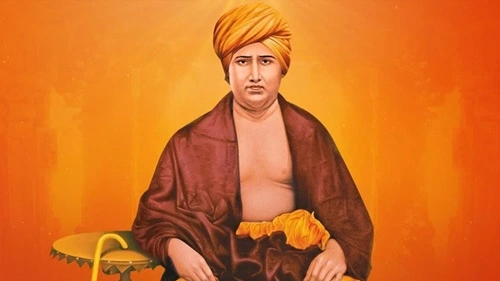
Dayananda Saraswati is a very famous Hindu philosopher, social leader, and the founder of the Arya Samaj. He was instrumental in leading the reform movement of Hinduism. His famous work, Satyarth Prakash, was a very influential book on the philosophy of the Vedas. Dayananda advocated the doctrines of karma and reincarnation and opposed untouchability. He was called one of the makers of Modern India by S. Radhakrishnan, the then President of India.
8. Gautama Buddha:
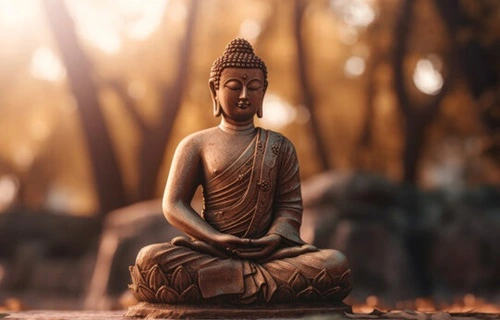
Gautama Buddha is a Hindu prince who has renounced his wealth to seek spiritual ascetic and enlightenment. He was a great preacher and founded Buddhism in India in the 6th century BCE. He teachings, commonly referred to as Dharma, means the cosmic law. It is based on the concepts of undeniable consequences of one’s thoughts, which form one’s reality and also dictate their actions.
9. Jiddu Krishnamurti:
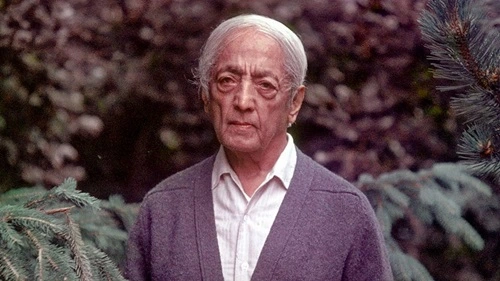
Jiddu Krishnamurti is a great Indian philosopher, writer, speaker, and spiritual figure. He asserted that Truth is a pathless land and advised against following any teacher, discipline, guru, or doctrine. He emphasized topics such as psychological inquiry, choice-less awareness, and cultural and spiritual conditioning. He spent a major portion of his life speaking to individuals and groups all over the world, and most of his talks were published as well.
10. Ramanuja:
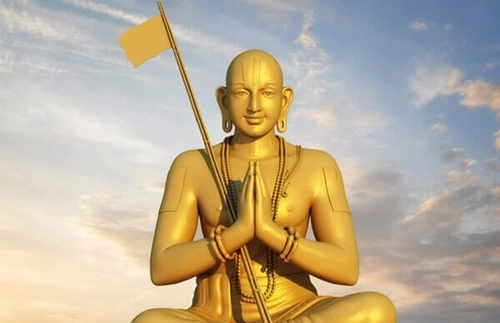
Also known as Ramanujacharya, he was a great Indian philosopher, social reformer, and guru. He is known to be one of the most important exponents of the Vaishnavism tradition. He was born into a Tamil Brahmin community in Sriperumbudur under the Chola dynasty. He got married, moved to Kanchipuram, and studied under Yadava Prakasa. He became the priest at the Varadharaja Perumal temple at Kanchipuram. As a common man, we are able to enjoy the vedic literatures now, and this is because of the holy man Ramanuja. He became the preceptor of the Bhakti movement and initiated the concept that Nature and her resources are sacred.
The most influential and revered ancient Indian philosophers were instrumental in constructing modern society, as most of their philosophical thoughts hold good even in modern times. They were instrumental in advocating many important teachings to their disciples, which have been transformed into books and writings for the younger generation to follow. They were also instrumental in advocating the ancient Indian principles to the Western world and made our country proud globally.

